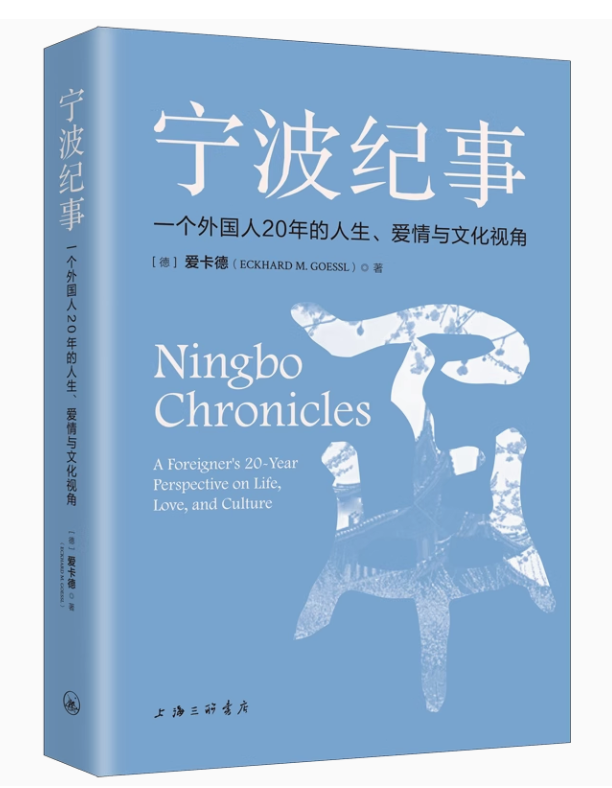Harvard China Trek 2024 in Ningbo
- Details
- Category: On The Campus
- Published: Wednesday, 31 January 2024 13:18
Strolling through the ancient residences of the Ming and Qing dynasties, appreciating the poetic and picturesque beauty of the watery towns in the lower reach of the Yangtze River Delta area, visiting high-tech enterprises and experiencing the power of “smart manufacturing in China”. These are just some of the activities over the past two days of the “China Trek 2024” by a Harvard group of young students from 16 countries and regions, when a collision and integration of economy and culture began.
“I am very excited and happy to lead my Harvard classmates to Ningbo,” said Liu Weiwei, co-chairman of the China Society of the Kennedy College of Harvard University and one of the organizers of this year’s “Harvard China Trek”. “While studying at Harvard, I found that some foreign students and media have a one-sided view of China. I hope this event can help them better understand China and it can become a bridge between China and the outside world.”
This is the first time for Hamza Ahmed, a Harvard student from the UK, to visit China. At the Residence of Zheng’s Family scenic area in Zhenhai District, he excitedly played the Xiepu Boat Drum. He said that he had learned about traditional Chinese culture through television and movies before, but this on-site experience was very different.
Jose Tomas Hidalgo Julian from Chile is also visiting China for the first time. With the introduction of the guide for such structures as the horse-head walls, wing rooms, stone carvings and memorial archways, he had a deeper understanding of the historical connotation carried by this place of interest. “The unique architectural style here enables me to feel the past culture and inherited art of China, and it is very meaningful”.
“I believe that folk exchanges are a great way to promote cultural exchange.” said Hamza Ahmed. “Currently, China has an increasing status and influence in the international community. Cultural exchange can promote mutual tolerance between different cultures, and the ‘Harvard China Trek’ provides us with opportunities for communication and exchange.”
“In Ningbo, they can experience in person the vitality of Chinese cities and the innovative ability of enterprises in China,” said Liu Weiwei.
At the Tuopu Group in Beilun District, the visiting Harvard students are amazed by its advanced manufacturing technology.
Satoshi Ito from Japan is a researcher at the Harvard Weatherhead Center for International Affairs. In his view, it is crucial to achieve cooperation and sharing, including the sharing of knowledge and technology, which can further promote sustainable development in such fields as artificial intelligence and green energy.
“Can the Huawei intelligent driving assistance system currently achieve autonomous driving?” “The Wenjie M9 of Huawei is the first model in the industry to obtain the L3 autonomous driving test licenses in Chongqing and Shenzhen. It supports parking and driving functions and can drive or park automatically.” At the new energy vehicle development exchange meeting, representatives from Huawei, Tesla, Geely and BYD discussed with the visiting Harvard students about the current situation and the future development of the new energy vehicle industry.
Juan Pablo Pietrini Sanchez from Mexico tried the Model Y manufactured by the Tesla Super-factory in Shanghai. “The new energy vehicle industry started relatively late in China, but it is overtaking, and it has a promising future”, he said.
“Ningbo is the last stop of our ‘Harvard China Trek 2024’. Here, we not only experienced the unique cultural style of the lower reach of the Yangtze River Delta area, but also visited factories to get a touch of the innovative power of Chinese manufacturing. We sincerely hope to take advantage of this tour to present to the world a more real, three-dimensional, and diversified China”, said Liu Weiwei









